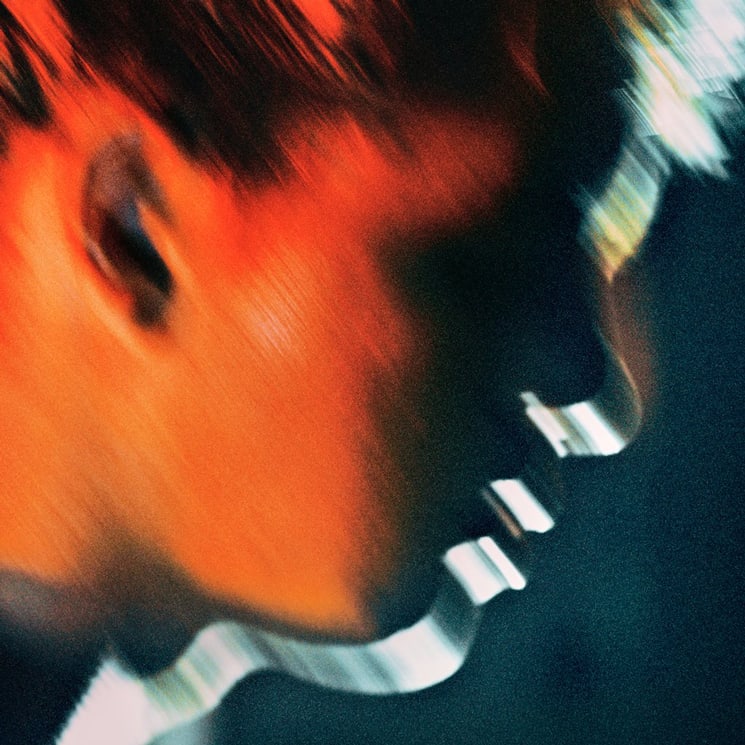The refreshing funkiness and relatable lyrical content of La nuit est une panthère, the 2018 debut album by Vincent Roberge's Les Louanges project, earned the Montrealer critical acclaim, including three Félix Awards (from nine nominations), and a slot on the Polaris Music Prize shortlist. It also jumpstarted high expectations for follow-up Crash, a 15-song opus which is significantly more serious and narratively driven than its predecessor. Although the candour is not lost, the bubbling melodic innocence is replaced by a faster-paced, new wave-influenced sound.
Despite its narrative confines, Roberge casts a wide net of inspirations throughout the album's tracklist, exploding Les Louanges' sound in many ways. Crash's melodies, hooks and vocals drive moodier moments on tracks like "Bolero" and "Encore." Meanwhile, euphoric guitar strums are often contrasted by stringent synth lines, with a broad spectrum ranging from the feisty "Cruze" to the floating "Pigeons."
With their raw percussiveness and big bass lines, songs like the pulsating "Qu'est-ce que tu me fais" and experimental "Chaperon" yearn to be blasted from a big sound system, yet the grandeur is balanced by tender, self-reflective efforts like "Facile." As the album progresses, Roberge showcases the breadth of his songwriting ability with the gorgeously stripped-down "Déziel" and the pop sensibilities of the title track.
Finally, the aptly titled "Dernière" is a fitting conclusion to a dense yet coherent album in which Roberge takes calculated risks. Crash is certainly not the road that a musician trying to grow his newly earned fanbase would take. Instead of milking a tried and true formula and emulating past successes, Les Louanges drives off-course and ultimately takes listeners on a wild ride.
(Bonsound)Despite its narrative confines, Roberge casts a wide net of inspirations throughout the album's tracklist, exploding Les Louanges' sound in many ways. Crash's melodies, hooks and vocals drive moodier moments on tracks like "Bolero" and "Encore." Meanwhile, euphoric guitar strums are often contrasted by stringent synth lines, with a broad spectrum ranging from the feisty "Cruze" to the floating "Pigeons."
With their raw percussiveness and big bass lines, songs like the pulsating "Qu'est-ce que tu me fais" and experimental "Chaperon" yearn to be blasted from a big sound system, yet the grandeur is balanced by tender, self-reflective efforts like "Facile." As the album progresses, Roberge showcases the breadth of his songwriting ability with the gorgeously stripped-down "Déziel" and the pop sensibilities of the title track.
Finally, the aptly titled "Dernière" is a fitting conclusion to a dense yet coherent album in which Roberge takes calculated risks. Crash is certainly not the road that a musician trying to grow his newly earned fanbase would take. Instead of milking a tried and true formula and emulating past successes, Les Louanges drives off-course and ultimately takes listeners on a wild ride.
